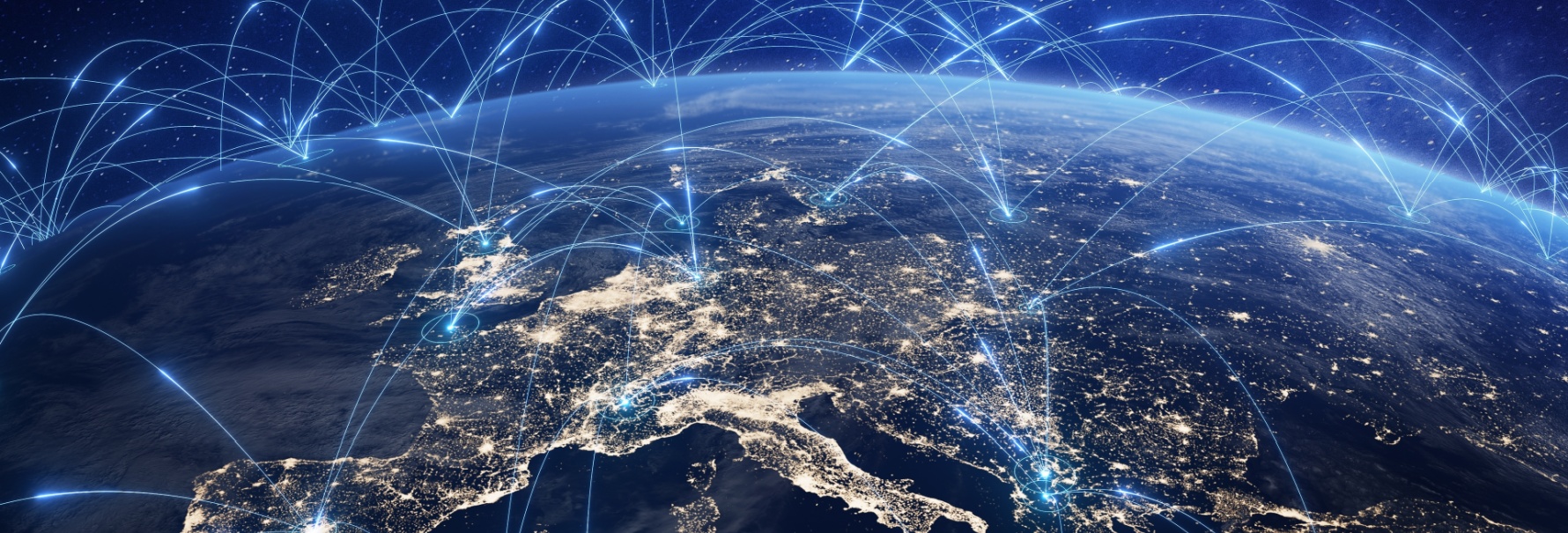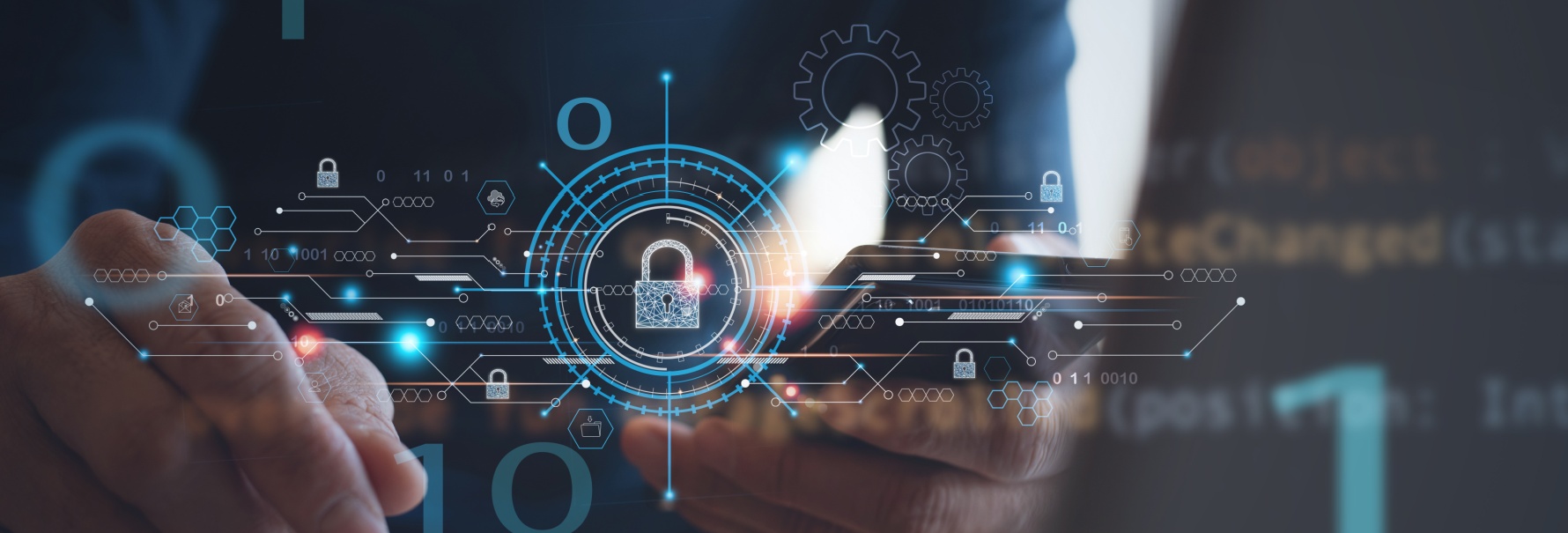Safety and the Socialscape: Ensuring Your Social Network Security
2023-09-12
Social networks are an integral part of our society, providing us a casual yet engaging way to communicate, share experiences, and maintain relationships with friends and family over a long distance. Beyond the social aspect of social networks, many now offer additional services such as online marketplaces, too, and the top social media platforms are some of the most visited websites on the internet. However, as we immerse ourselves in this digital socialscape, we can sometimes be neglectful of what personal information we might inadvertently make available to others. Bad actors and cybercriminals can use this personal information to breach your accounts, which is not only dangerous for you but also anybody you are connected to on social media. This article delves into the importance of safeguarding your online presence and provides practical tips for enhancing your security across various social platforms.
Recognizing the Risks
As we connect and share within these virtual communities, we inadvertently expose ourselves to a range of threats, such as identity theft and social engineering, and the statistics show that incidents are on the rise. In 2022, the Federal Trade Commission (FTC) reported 1.4 million incidents of identity theft in the United States in 2021, and indicated that the median monetary loss attributed to someone's account being breached was increasing. For the record, one of the most common outcomes of identity theft is credit card fraud. Reports from 2022 show a slight decrease in the amount of identity theft reported, however the average amount lost by consumers over that 12 month period was significantly higher. Following on, it is pivotal to recognise that the information we share with others in what is designed to be a relaxed and casual online setting can be used against us. This is especially a concern if a person uses weak, non-unique passwords or lax security measures.
1 in 15 people have been victims of identity fraud.
Phishing remains a serious threat to people online, with cybercriminals devising more convincing messages to deceive users into disclosing sensitive information or clicking on malicious links, now aided by AI tools to make the conversations seem more realistic, and when scrolling through social media in a switched-off state you might be more vulnerable to these attacks that make identity theft possible. Furthermore, some social networks have taken more relaxed approaches to user verification and content moderation, which more frequently exposes users to harmful or malicious content.
Ten Tips to Stay Safe on Social Media
Follow these ten tips to ensure that you maintain sole ownership of your online accounts, and make yourself impervious to the phishing attempts of bad actors.
- Utilize strong, unique passwords for each social network account, combining letters, numbers, and symbols.
- Enable two-factor authentication (2FA) whenever possible to add an extra layer of protection to your accounts.
- Review your privacy settings on social platforms to limit the visibility of your personal information.
- Be wary of fake accounts or profiles that may attempt to impersonate someone you know.
- Recognise and avoid clicking on suspicious links or responding to unsolicited messages, as they could be phishing attempts.
- Verify the authenticity of messages from friends or connections if they seem out of character or request sensitive information.
- Keep tabs on any third-party apps or services connected to your social accounts, especially if you no longer use them.
- Be cautious when sharing your current location, especially in real-time, as it could reveal your physical whereabouts to potential threats.
- Disable geotagging features on photos and adjust location-sharing settings as needed.
- Stay updated on the latest social network security trends, scams, and best practices through reliable sources and official platform guidelines.
Safeguarding our digital lives should be a top priority
By implementing these security measures and staying vigilant, you can enjoy the benefits of social connectivity while protecting your personal information and online presence from potential threats. Remember, a proactive approach to social network security ensures that your online interactions remain enjoyable, safe, and worry-free.
Sources
https://identitytheft.org/statistics/#:~:text=The%20FTC%20Received%201.4%20Identity,that%20is%20separate%20from%20fraud.
https://www.experian.com/blogs/ask-experian/identity-theft-statistics/
https://www.ftc.gov/news-events/data-visualizations/explore-data
https://www.linkedin.com/pulse/annual-ftc-report-consumers-lost-nearly-88-billion-identity-pribish
https://cybercrew.uk/blog/id-theft-statistics-uk/
The information contained in this article is provided for informational purposes only and does not constitute professional advice and is not guaranteed to be accurate, complete, reliable, current or error-free

Related news

Law Abiding Netizens: How Legislation Can Counter Cybercrime
2025-01-17Cybercrime threatens global economies, with losses expected to hit $10.5 trillion by 2025. This article explores how the EU leads the global fight against cybercrime threats through legislation like GDPR and DORA, setting global standards for data protection and cybersecurity.
Read more
Gazavat/Expiro Malware Spotted in Africa after Decade-Long Disappearance
2024-11-15Resurgent Expiro malware is spreading in Africa, leveraging advanced techniques to evade detection and steal sensitive data. Learn prevention and mitigation rules for consumers and business.
Read more
What Trump's Re-Election Means for US Data Privacy
2024-12-11Donald Trump’s re-election brings new debates about data privacy, AI regulation, and cybersecurity. This article evaluates his policies, from TikTok to encryption, and their possible effects on US citizens and innovation.
Read more
Dox Gangs Run Rampant, Victims Exposed for Life
2024-08-30Doxxing-as-a-Service (DaaS) is now a real and genuine threat that people need to be aware of, as it has become cheaper and simple to hire the service of a doxing group. DaaS enables identity fraud, spear phishing, malware deployment and even personal endangerment of its victims. In this article, we take a look at the types of DaaS services now on offer, and discuss ways that you may be able to protect yourself or mitigate the damage done by a dox.
Read moreContacts
Let's talk
Please fill in the form below (fields with * are mandatory) and we will respond to your request as soon as possible!